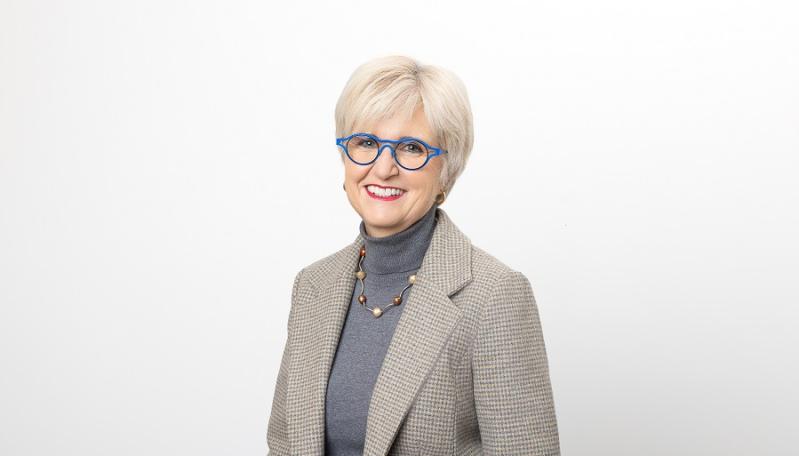
Between 39 % to 57 % of girls originating from FGM-practising countries who live in Malta are at risk of female genital mutilation. The European Institute for Gender Equality (EIGE) highlights these findings ahead of the international day to eliminate female genital mutilation on 6 February.
“It is hard to imagine and to accept that today some girls in the EU are still threatened by one of the most horrible forms of violence. When girls return to the family’s home country this risk becomes real because of the social pressure from relatives to undergo the practice, particularly in rural areas. Strong laws, combined with timely and tough prosecution measures are powerful deterrents and should also protect the girls when the crime is committed abroad,” said Virginija Langbakk, EIGE’s Director.
Malta was one of the six countries for which EIGE estimated the risk of female genital mutilation. The other countries include Belgium, Greece, France, Italy and Cyprus. The percentage of girls at risk in Malta is the highest among the countries studied. This is because a large part of the female migrant population are young girls originating from countries with a high occurrence of female genital mutilation. The percentage of girls at risk reflects the number of first and second-generation girls from FGM-practising countries. In Malta’s case, girls at risk mostly originate from Somalia, Eritrea, Ethiopia, Egypt, Sudan, Nigeria and Sierra Leone.
“Malta is committed to ending female genital mutilation. Through the ratification of the Istanbul Convention, we have strengthened the legal framework against the practice. There is a law in place to criminalise the practice, as well as those failing to report potential or known cases of female genital mutilation to the authorities. With the principle of extraterritoriality in force, we aim to ensure that if female genital mutilation is done to girls when they go abroad, the crime will be prosecuted in Malta,’’ said Dr Helena Dalli, Minister for European Affairs and Equality.
Despite girls continuing to be at risk in the EU, research from focus group discussions showed that communities are starting to turn away from the practice as a result of integration and domestic laws. In Malta, most Nigerians interviewed were against the practice, with many stressing that female genital mutilation is not part of their identity. The participants emphasised that education and awareness-raising on laws against FGM and accompanying health risks are essential for change. Initiatives to engage men for change were also cited as important, as men were widely regarded as the final decision-makers in FGM-related matters.
As migration to the EU from FGM-practising countries continues, it is crucial that Member States deal with new arrivals in a gender-sensitive way. This can include the provision of women interpreters and specialised referral and care upon arrival. One of EIGE’s key recommendations to Member States is to consider the risk of female genital mutilation as grounds for asylum.
EIGE aims to increase knowledge and comparable data on female genital mutilation in the EU. The results of this study complement EIGE’s previous risk estimations of female genital mutilation in Ireland, Portugal and Sweden.
The European Institute for Gender Equality (EIGE) is the EU knowledge centre on gender equality. EIGE supports policymakers and all relevant institutions in their efforts to make equality between women and men a reality. It provides specific expertise and comparable and reliable data on gender equality in Europe.
Further information
For media enquires, please contact Veronica Collins, veronica.collins@eige.europa.eu or phone +370 521 57 449
Read the country profile for Malta
Read our full report on female genital mutilation in the EU
Read more about EIGE’s work on estimating the number of girls at risk of female genital mutilation
Image copyright: Darren Baker/Shutterstock.com




